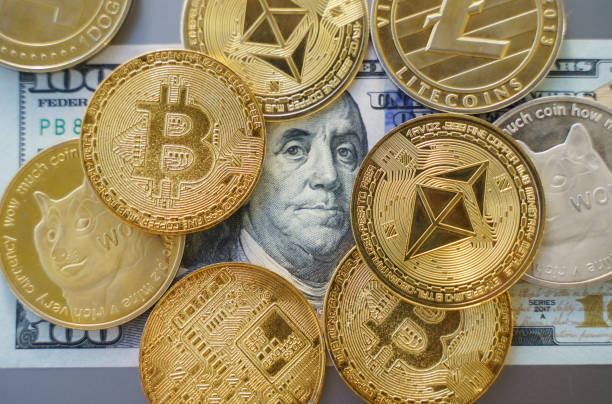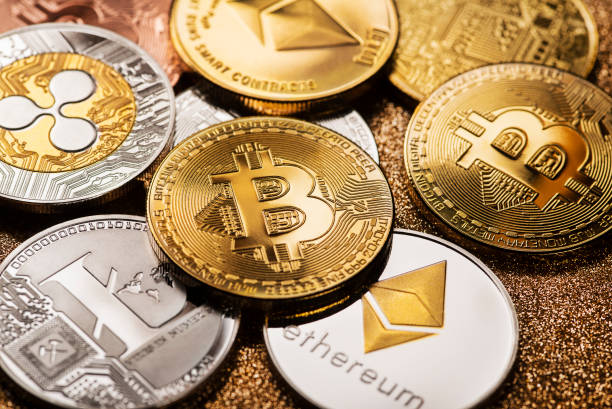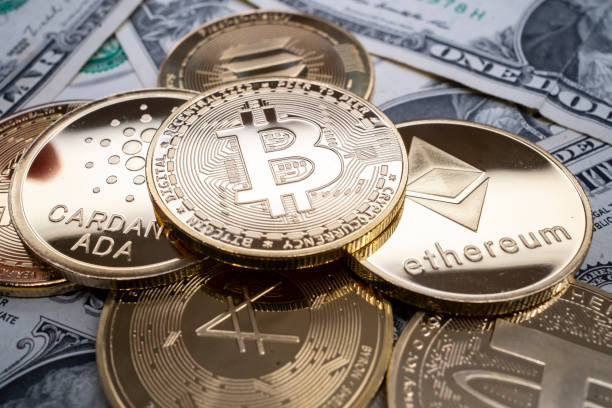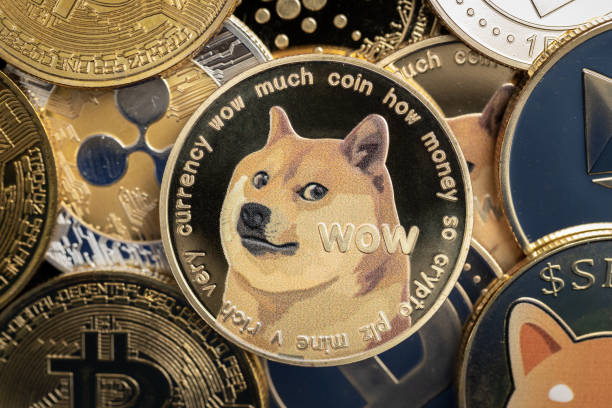If you’re thinking of investing in altcoins, there are a few things you need to know before you jump in with both feet. Altcoins are an intriguing investment opportunity, but if you don’t know what you’re doing, you could easily find yourself on the wrong end of an expensive and painful learning experience. That’s why today we want to give you 10 tips that will help to ensure your first foray into this exciting market goes as smoothly as possible. Let’s get started.
1) Research the team

Look for a team that’s committed, has experience and is transparent about their progress. If there’s no team behind the project, it could be because the developers are anonymous or want to keep their identity hidden. This doesn’t necessarily mean they’re up to no good – but it should still raise some flags.
2) Check the community
We encourage everyone interested in altcoin investment to consider the following points before deciding on an investment. While this list is not exhaustive, these are some of the most important factors that we believe should be considered.
- What is the goal or purpose of this coin?
- Is there a team behind it?
- How does this new coin compare against its competitors?
- What are the risks and what can go wrong?
- Does it have a strong community backing it?
3) See if there’s a real use case

Many new altcoins have been created and funded through initial coin offerings (ICOs) or the creation of a new blockchain. However, not all crypto coins offer a real use case, so it’s important to do your research on any coins you’re considering investing in.
4) Know the risks
If you’re considering investing in an altcoin, there are a few important things that you should be aware of. These coins can have their value rise and fall quickly and without warning, so be sure that you know what risks are involved before making your decision.
5) Don’t invest more than you can afford to lose

It’s always important to remember that when it comes to cryptocurrency, you shouldn’t invest more than what you can afford to lose. If an investment goes south and the value of your coins drop, don’t be afraid to cut your losses and move on. There will always be another opportunity in the future.
6) Have a long-term vision
I have a personal rule of thumb that I won’t invest in any coin below $1.00, and I won’t invest more than 1% of my net worth into any one coin. That way, no matter what happens, the worst case scenario is that I lose a portion of my money–but not all of it.
7) Be patient

Investing in altcoins is a difficult task. You never know which ones will be worth your investment and which ones won’t. One way to minimize risk is by waiting for a dip in the price of the coin, but you never know how long that might take. In addition, every time there’s an update or news about the coin, it will affect the price, so be patient and wait until you see a dip before deciding if it’s worth your time and money.
8) Understand the technology
Bitcoin is the most popular and valuable cryptocurrency in the world. It’s a decentralized digital currency that isn’t controlled by a government or central bank. Bitcoin transactions are recorded and processed without a third-party intermediary like a bank, which makes it an appealing choice for people who want full control over their money but don’t have access to traditional banking services.
9) Keep up with the news

The cryptocurrency market is always changing, and it’s important to keep up with the news. Join a few Facebook groups and follow some Twitter feeds from people who are knowledgeable about these markets. You should also make sure that your portfolio is balanced for your risk tolerance level. For example, if you’re not willing to lose more than 20% of your investment, don’t invest more than 20% of your total investment in high-risk coins.
10) Do your own research
The cryptocurrency market is still in its infancy, and while this has enabled many people to become millionaires overnight with little more than a clever idea and a bit of luck, it has also made the field incredibly volatile. As such, it’s important to do your own research before diving in with both feet – or money.

